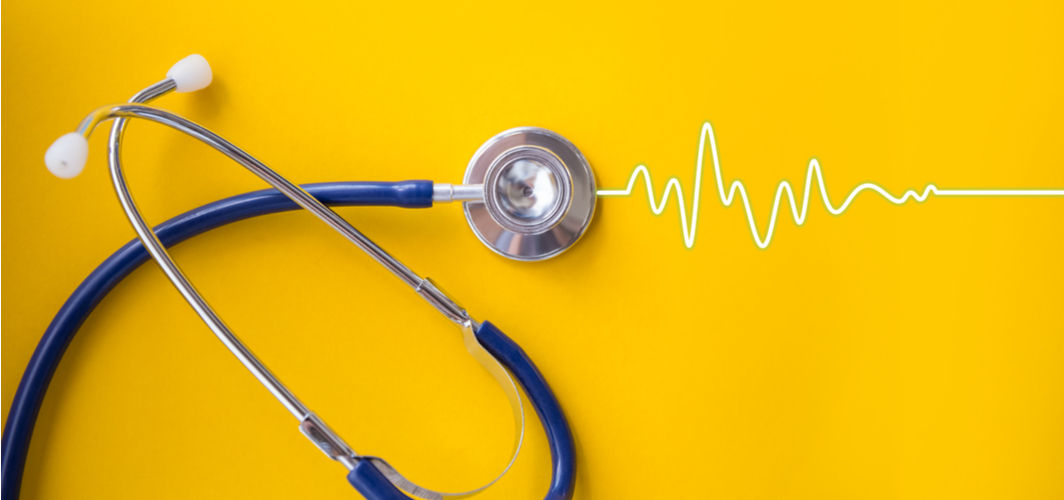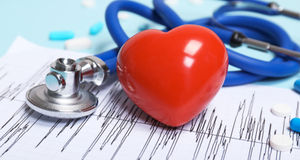Heart Conditions
Does poor oral hygiene increase the risk of heart disease?
6 min read
By Apollo 24/7, Published on - 19 December 2020, Updated on - 24 June 2023
Share this article
0
5 likes

What is oral hygiene and why is it important?
-
Cavities
-
Gingivitis
-
Periodontitis
How does gum disease affect heart health?
- It is believed that the bacteria that cause gum disease can travel throughout the body via blood vessels. Over time, the bacteria damage the blood vessels and heart valves by causing inflammation in them. This increases the risk of complications such as blood clots, stroke, endocarditis (inflammation of the inner lining of the heart), and heart attack.
- Certain studies have also found residue of oral bacteria in atherosclerotic blood vessels that are not even in the proximity of the mouth. This indicates that oral bacteria can contribute to the build of plaque (atherosclerosis) in the blood vessels, a major risk factor for heart disease and heart attack.
- Another theory states that an overactive immune response to a bacterial infection (such as gum disease) can also be a risk factor for poor heart health. An overactive immune response can trigger severe inflammation throughout the body. The inflammation can trigger a chain of vascular damage, including the heart and brain.
Dental care for people with cardiovascular conditions
-
Endocarditis
-
Heart attack (myocardial infarction)
-
Stroke
-
High blood pressure (hypertension)
-
Anticoagulants and antiplatelet medications
How to prevent poor oral health?
- Always remember to brush teeth with fluoride toothpaste at least twice daily
- Rinse your mouth with a mouthwash
- If possible, floss teeth once daily
- Decrease intake of foods and beverages that are acidic or sugary
- Limit snacking in-between meals
- Quit smoking
- Limit consumption of alcohol
- Drink more water
- Increase consumption of vegetables and fruits
- Schedule professional dental care every six months.
Conclusion
Heart Conditions
Leave Comment
Recommended for you

Heart Conditions
Heart Murmurs: Does It Indicate an Underlying Problem?
Murmurs may indicate an underlying problem in the heart but sometimes may also occur in a healthy heart.

Heart Conditions
Can Heart Disease Run In Your Family?
Lifestyle and age are important factors that affect your risk for heart disease. It can also be passed on through your family members. These conditions do not always show symptoms so you should get regular check-ups depending on your family’s medical history.

Heart Conditions
Experiencing High Pulse Rate? These Can Be The Reasons!
Also called tachycardia, a fast heart rate is not really a health issue in itself. However, it is highly recommended to see a doctor if you frequently experience elevated pulse or if your resting heart rate is chronically high. Learn about the common reasons behind a high pulse rate.
Subscribe
Sign up for our free Health Library Daily Newsletter
Get doctor-approved health tips, news, and more.
Visual Stories

7 Tips to Manage Hypertension
Tap to continue exploring
Recommended for you

Heart Conditions
Heart Murmurs: Does It Indicate an Underlying Problem?
Murmurs may indicate an underlying problem in the heart but sometimes may also occur in a healthy heart.

Heart Conditions
Can Heart Disease Run In Your Family?
Lifestyle and age are important factors that affect your risk for heart disease. It can also be passed on through your family members. These conditions do not always show symptoms so you should get regular check-ups depending on your family’s medical history.

Heart Conditions
Experiencing High Pulse Rate? These Can Be The Reasons!
Also called tachycardia, a fast heart rate is not really a health issue in itself. However, it is highly recommended to see a doctor if you frequently experience elevated pulse or if your resting heart rate is chronically high. Learn about the common reasons behind a high pulse rate.